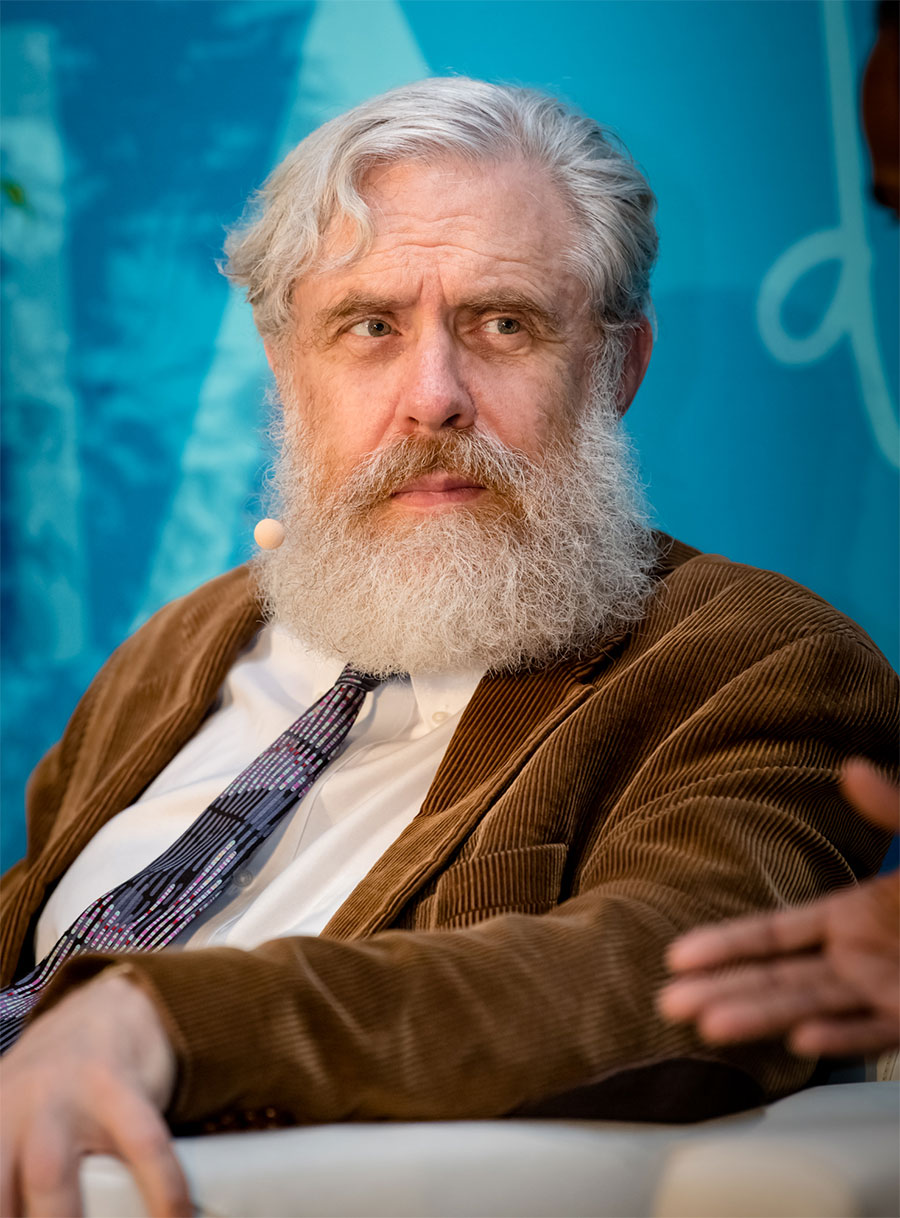Proceedings: DIA 2018 Global Annual Meeting

Precision Medicine, Gene Therapy, and Gene Editing:
Forging Ahead with Care
Hozanna Ngoh
Medical Writer,
Centre of Regulatory Excellence,
Duke-NUS Medical School
ove fast but don’t break things” – to reword a famous motto behind disruptive digital technologies – lightly sums up the conversations that took place at the DIAmond session “Precision Medicine, Gene Editing, and Gene Therapy: Current Status and Regulatory Challenges of Integrating Genetic Medicine into Clinical Care.” The dialogue featured a diverse panel representing scientists, clinicians, government regulators, industry, and patient advocates, who shared their perspectives on the steady momentum of the fast-developing field of precision medicine, multiple challenges facing all stakeholders, and emerging opportunities as the field continues to evolve.
Key Takeaways
- Precision medicine, including gene therapy and gene editing technology, is rapidly advancing across the health landscape, as reflected in the growing research community, an expanding market, and increased public awareness and acceptance of gene editing technologies.
- At the same time, experts agree on the need to be cautious – not only in ensuring the safety and efficacy of health technologies, but also in taking measured steps to address various concerns raised by the myriad of voices across stakeholder groups.
- Stakeholders are working to strike a balance between ensuring the safety and quality of gene therapies and providing affordable access to patients in a timely and sustainable manner.
Tshaka Cunningham and Samarth Kulkarni discuss the implications of CRISPR and how to ensure safety.
Where Are We Now?
Precision medicine is rapidly advancing across the board – from nation-wide and population-focused public health initiatives, active research and development among the research community and industry players, to increasing public awareness and patient engagement.
Technology is moving along with increasingly affordable genome sequencing, fast-evolving gene editing tools (such as CRISPR), and oncoming development of more sophisticated sequencing techniques as well as portable sequencing devices. With these developments, the wealth and diversity of collected genomic data will continue to grow exponentially, contributing to valuable knowledge generation towards developing better gene therapies.
The panel observed that in recent years, there has been increasing societal acceptance of gene therapy and gene editing technology. Patients along with their physicians are hopeful and eager to welcome new, innovative therapies that can potentially bring about unprecedented clinical success in genetic diseases for which there have been no effective treatments.

Michael Friend, Minority Coalition for Precision Medicine and Health Ministries Network

George Church, Harvard University
Panelists
George Church, Professor, Harvard University
Tshaka Cunningham (Moderator), Associate Director, Scientific Collaboration, DIA
Michael Friend, Founder, Minority Coalition for Precision Medicine and Health Ministries Network
Samarth Kulkarni, Chief Executive Officer, CRISPR Therapeutics
Peter Marks, Director, Center for Biologics Evaluation and Research, FDA
Christopher O’Donnell, Chief Scientist, Million Veteran Program, US Department of Veteran Affairs
An Ecosystem to Address Multiple Challenges
Despite these advances, there are multiple challenges to be addressed:
- The topic of access was on the minds of all present, in view of the high costs associated with advanced technologies such as precision medicine and gene therapy as well as with small markets for rare diseases. Experts suggested that affordability could be achieved with appropriate strategies focused on enhancing the manufacturing process, such as more cost-effective development of viral vectors and potential scale-up of gene therapy products.
- Regulators face a heavy task to balance their obligation to properly assess the safety, quality, and efficacy of medicines and therapies, with the call to bring innovative therapies to patients as fast as possible. Effectively, regulators want to be confident that the therapy is safe and effective and that the benefits outweigh the risks; these need to be supported with sufficient, reliable, and validated data.
- Current gene therapy approaches mostly target human somatic cells, while ethical concerns surrounding heritable genetic modifications remain, such as modifying genes in germline cells including sperm, egg cells, and early-stage embryos. Regulatory oversight of this gene-editing approach in other countries vary, with lower restrictions in some, prompting stakeholders to act quickly to address these concerns.
- With the increasing amount of genomic data being collected, data management challenges include costs of data storage and analysis, data privacy and security issues, and data sharing considerations.
- The occurrence of off-target effects in gene editing remains a key scientific challenge, and researchers are working to develop methods to track and reduce off-target activity.
Tremendous Opportunities for Medicine, Science, and Society
Several key opportunities lie ahead for the field:
- Increase data accessibility: Fuel the pace of research by broadening access among the research community through common data-sharing platforms.
- Transform patient engagement: Involve patient advocates early in the R&D process, especially minority groups. Particularly in the field of genetic research, patient engagement–when done right–presents the opportunity to improve perceptions towards genetic testing within the African American community, making a greater impact on society beyond the science.
- Invest in education and awareness: Educate and raise awareness on precision medicine and genomics across all segments of society (e.g., schools, mass media, entertainment industry, and government and policy-makers).
Further, experts anticipate a potential shift towards preventive medicine as we gain deeper understanding of disease causation and treatment through precision medicine. Preventive medicine can have enormous benefits for population health, helping to reduce overall healthcare costs.
Keep Moving Forward in Measured Steps
With the field forging ahead, it is vital that stakeholders keep pace with scientific developments through regular engagement and continued conversations. On the international front, stakeholders from around the world have continually engaged with each other, focusing on related issues such as clarifying ethical concerns and aligning regulatory requirements.
To move forward in a sustained, if not increasing, momentum, experts echoed the importance of tackling the multi-faceted challenges in this field with a collective and integrated effort and measured gradual steps within this ecosystem of stakeholders. While the common goal is to bring therapies to patients faster, the foremost duty of every stakeholder is to do no harm.

